ROCHESTER, N.Y., US: In what is thought to be the first study to directly link prenatal stress hormones with primary tooth eruption, researchers in the US have reported that, among mothers from socio-economically disadvantaged backgrounds, those with high prenatal levels of the stress hormone cortisol tended to have children whose primary teeth erupted earlier. The findings suggest that early tooth eruption may be an early indicator of accelerated biological ageing associated with socio-economic deprivation and prenatal stress.
“Here we show that a mother’s higher levels of stress-related hormones, particularly of cortisol, during late pregnancy are associated with the earlier eruption of primary teeth in her infant,” lead author Dr Ying Meng, an associate professor in the University of Rochester School of Nursing, said in a press release.
Dr Meng and her colleagues analysed data from a birth cohort of 142 socio-economically disadvantaged mothers in the US who were pregnant between 2017 and 2022 and enrolled through the University of Rochester Medical Center. All infants were born at full term. In the late second and third trimesters of pregnancy, each woman provided a saliva sample, and levels of cortisol, oestradiol, progesterone, testosterone, triiodothyronine and thyroxine were measured. The researchers then assessed the timing and number of erupted primary teeth at 2, 4, 6, 12, 18 and 24 months of age.
Tooth eruption showed high variability across the first 24 months. By 6 and 12 months of age, respectively, 15.2% of the children had between one and six erupted teeth, and 97.5% had between one and 12. All children had between three and 20 erupted teeth by 18 months of age, and by 24 months, just 25% had a full primary dentition. In 2.7% of children, a sudden spurt in eruption occurred between 12 and 18 months, whereas the remainder showed a more continuous, although irregular, eruption pattern. Early eruption did not reliably predict the number of teeth present at later visits.
During pregnancy, 36.6% of the women had a diagnosis of depression or anxiety. However, the researchers found that this diagnosis was not associated with their hormone levels or with the number of erupted teeth in their children at any time point.
Importantly, higher salivary cortisol levels in late pregnancy were associated with a greater number of erupted teeth by 6 months of age. Infants of mothers with the highest cortisol levels had, on average, four more erupted teeth at this age than infants of mothers with the lowest cortisol levels.
“High maternal cortisol during late pregnancy may alter foetal growth and mineral metabolism, including the regulation of levels of calcium and vitamin D—both essential for mineralisation of bone and teeth. Cortisol is also known to influence the activity of so-called osteoblast and osteoclast cells, responsible for building up, shaping and remodelling bone,” said Dr Meng. She continued: “These results are further evidence that prenatal stress can speed up biological ageing in children. Premature eruption of teeth could thus serve as an early warning sign of an infant’s compromised oral development and overall health, associated with socio-economic deprivation and prenatal stress.”
The authors also reported an association between maternal levels of the sex hormones oestradiol and testosterone and a greater number of erupted teeth at 12 months of age, although this relationship appeared weaker. Similarly weak yet statistically significant positive associations were found between maternal progesterone and testosterone levels and the number of erupted teeth at 24 months and between maternal triiodothyronine levels and the number of erupted teeth at 18 and 24 months.
Oestradiol, progesterone and testosterone play key roles in foetal development and birth weight. The authors suggested that this may explain how higher levels of these hormones could influence the timing of tooth eruption.
“We still have key questions that need answering, for example which maternal hormones or downstream developmental pathways drive the change in the timing of tooth eruption, what the exact relationship is between accelerated eruption of teeth and biological ageing and development, and what such speeding up says about a child’s general health,” Dr Meng concluded.
The study, titled “Prenatal maternal salivary hormones and timing of tooth eruption in early childhood: A prospective birth cohort study”, was published online on 18 November 2025 in Frontiers in Oral Health.
Topics:
Tags:
SEOUL, South Korea: Identifying risk factors for preterm birth (PTB) is crucial for enabling healthcare providers, parents and policymakers to make informed...
Last month, Dental Tribune International (DTI) covered a new study on how lipid metabolism and maternal weight influence orofacial cleft (OFC) risk in ...
SAN FRANCISCO, US: Physical intimate partner violence (IPV) can be especially detrimental during pregnancy and is a significant public health issue, having ...
BRISTOL, UK/BOSTON, US: The thickness of growth marks in primary teeth may help identify children at risk for depression and other mental health disorders ...
LOS ANGELES, U.S.: Researchers have recently examined shed primary teeth of children living near the Exide Technologies plant in Verona, California. Two ...
Live webinar
Tue. 24 February 2026
1:00 PM EST (New York)
Prof. Dr. Markus B. Hürzeler
Live webinar
Tue. 24 February 2026
3:00 PM EST (New York)
Prof. Dr. Marcel A. Wainwright DDS, PhD
Live webinar
Wed. 25 February 2026
11:00 AM EST (New York)
Prof. Dr. Daniel Edelhoff
Live webinar
Wed. 25 February 2026
1:00 PM EST (New York)
Live webinar
Wed. 25 February 2026
8:00 PM EST (New York)
Live webinar
Tue. 3 March 2026
11:00 AM EST (New York)
Dr. Omar Lugo Cirujano Maxilofacial
Live webinar
Tue. 3 March 2026
8:00 PM EST (New York)
Dr. Vasiliki Maseli DDS, MS, EdM



 Austria / Österreich
Austria / Österreich
 Bosnia and Herzegovina / Босна и Херцеговина
Bosnia and Herzegovina / Босна и Херцеговина
 Bulgaria / България
Bulgaria / България
 Croatia / Hrvatska
Croatia / Hrvatska
 Czech Republic & Slovakia / Česká republika & Slovensko
Czech Republic & Slovakia / Česká republika & Slovensko
 France / France
France / France
 Germany / Deutschland
Germany / Deutschland
 Greece / ΕΛΛΑΔΑ
Greece / ΕΛΛΑΔΑ
 Hungary / Hungary
Hungary / Hungary
 Italy / Italia
Italy / Italia
 Netherlands / Nederland
Netherlands / Nederland
 Nordic / Nordic
Nordic / Nordic
 Poland / Polska
Poland / Polska
 Portugal / Portugal
Portugal / Portugal
 Romania & Moldova / România & Moldova
Romania & Moldova / România & Moldova
 Slovenia / Slovenija
Slovenia / Slovenija
 Serbia & Montenegro / Србија и Црна Гора
Serbia & Montenegro / Србија и Црна Гора
 Spain / España
Spain / España
 Switzerland / Schweiz
Switzerland / Schweiz
 Turkey / Türkiye
Turkey / Türkiye
 UK & Ireland / UK & Ireland
UK & Ireland / UK & Ireland
 International / International
International / International
 Brazil / Brasil
Brazil / Brasil
 Canada / Canada
Canada / Canada
 Latin America / Latinoamérica
Latin America / Latinoamérica
 China / 中国
China / 中国
 India / भारत गणराज्य
India / भारत गणराज्य
 Pakistan / Pākistān
Pakistan / Pākistān
 Vietnam / Việt Nam
Vietnam / Việt Nam
 ASEAN / ASEAN
ASEAN / ASEAN
 Israel / מְדִינַת יִשְׂרָאֵל
Israel / מְדִינַת יִשְׂרָאֵל
 Algeria, Morocco & Tunisia / الجزائر والمغرب وتونس
Algeria, Morocco & Tunisia / الجزائر والمغرب وتونس
 Middle East / Middle East
Middle East / Middle East


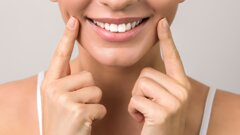
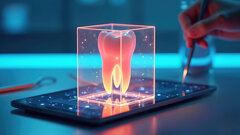























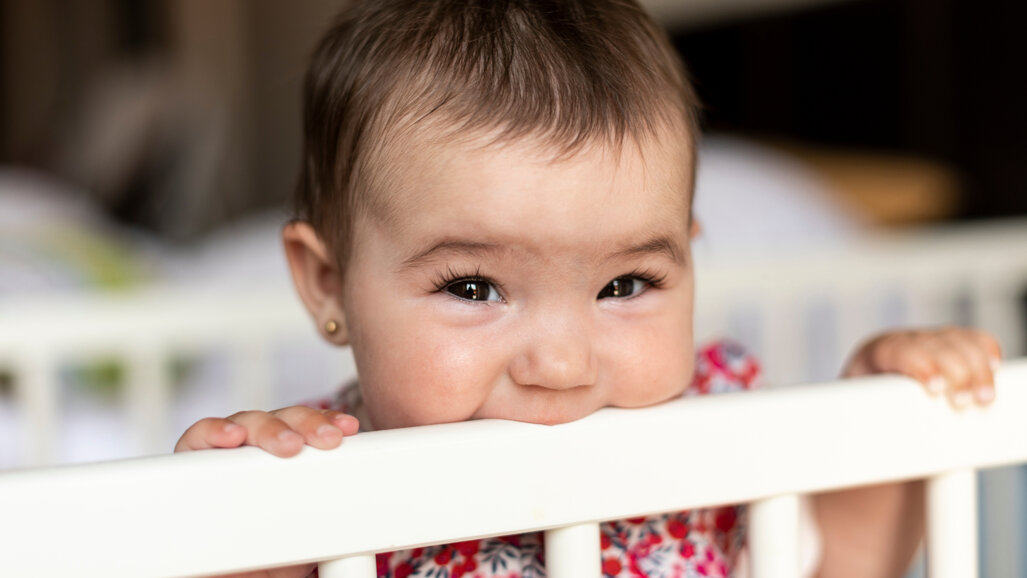



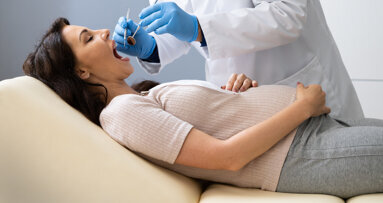
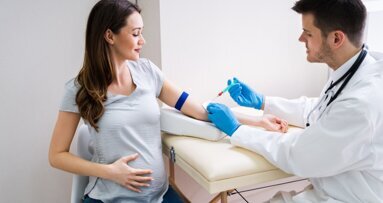


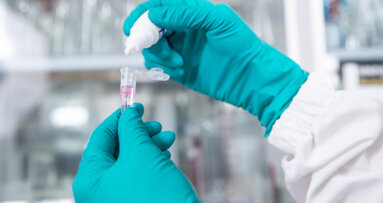
















To post a reply please login or register